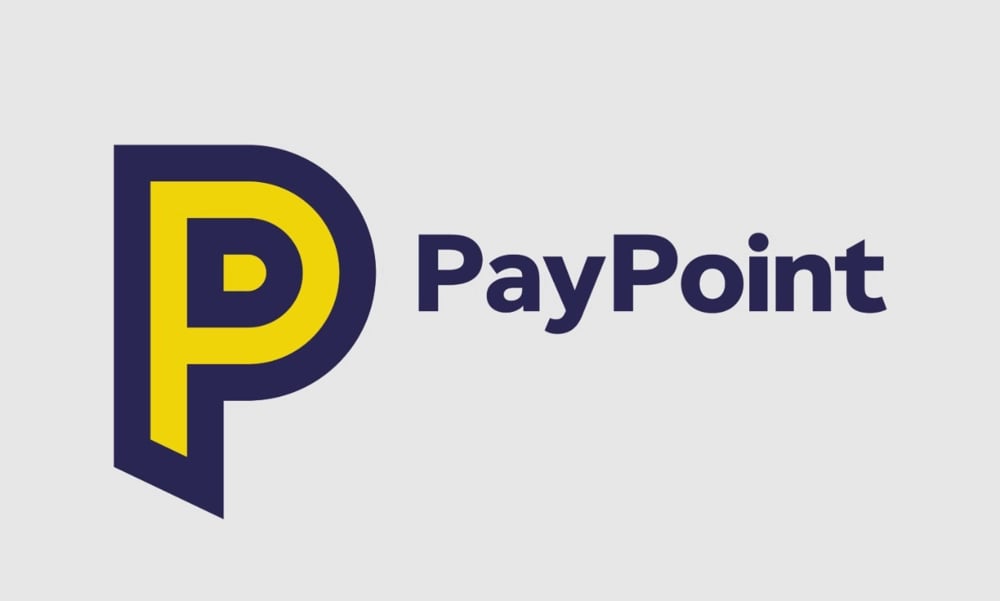Tensions are rising at BlackRock Inc. $BLK as the influential proxy advisory firm Institutional Shareholder Services (ISS) has urged investors to reject the asset manager's latest executive compensation proposals. This development intensifies scrutiny of BlackRock’s governance practices after a notably divided vote on leadership pay last year.
Despite engaging with its 50 largest shareholders following a lukewarm 58% support rate for its 2023 compensation plan, BlackRock’s latest attempts to address investor concerns have not satisfied ISS. The proxy adviser’s recommendation highlights the growing pressure on major asset managers to align executive incentives more closely with shareholder interests and performance metrics.
Core Reasons Behind ISS's Pushback
The ISS opposition stems from several critical issues tied to BlackRock’s current compensation framework:
Lack of Responsiveness: Despite outreach efforts, BlackRock’s modifications were deemed insufficient in addressing previously raised shareholder concerns.
Misalignment of Pay and Performance: ISS cited inadequate linkage between executive rewards and the company's operational and financial achievements.
Increased Discretion: The updated plan grants significant flexibility to the compensation committee, raising fears over subjective award decisions.
Opaque Metrics: Limited disclosure of performance goals and thresholds undermines transparency in evaluating executive performance.
Shareholder Value Focus: ISS emphasized that robust compensation structures should prioritize sustainable value creation for investors.
This pushback adds to broader debates over corporate governance standards at some of the world’s largest financial institutions.
Broader Implications for Corporate Governance
The ISS recommendation against BlackRock’s compensation plan reflects broader themes impacting global asset management firms:
Heightened Governance Scrutiny: Institutional investors increasingly demand greater accountability from leadership teams.
Executive Pay Reform: Companies face growing calls to more tightly align rewards with measurable outcomes.
Shareholder Activism: Investors are more willing to challenge management practices that appear misaligned with their interests.
Transparency Demands: Greater openness in compensation structures is now expected as a best practice.
Market Reputation Risks: Prolonged governance disputes can erode trust and impact a company's standing among institutional clients.
As the annual meeting approaches, the outcome of the shareholder vote will serve as a key indicator of evolving expectations for governance and compensation within the financial industry.
Conclusion: High Stakes for BlackRock’s Leadership Strategy
With ISS advising a vote against its executive pay plan, BlackRock enters a critical phase where governance decisions could significantly shape investor confidence. Whether the firm succeeds in rallying sufficient shareholder support will not only determine the immediate future of its compensation strategy but could also signal a shift in how governance standards are enforced across the broader asset management sector.







Pioneering shifts in capital strategies and tech applications are converging to establish a bold new frontier for automation in the industry
Such forward-thinking investments are redefining the potential of automation in an evolving market